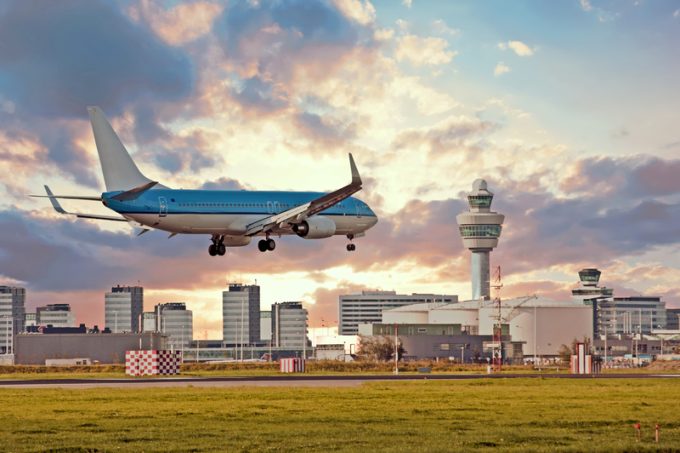Joost van Doesburg to step down as cargo head at Schiphol
Head of cargo at Royal Schiphol Group Joost van Doesburg will step down on 1 ...

Air freight must be made an exception to plans by the Dutch government to cut the maximum number of flights permitted at Amsterdam Schiphol Airport from 500,000 to 440,000 a year.
Dutch shippers’ council evofenedex has warned that otherwise, the cut, scheduled to begin 1 November next year, will result in a further reduction in available capacity.
Claimed to be a first for airports in terms of putting the climate before economic growth, the reduction in flights at Schiphol was announced in ...
Maersk Air Cargo sees volumes fall as it aims for 'margin in favour of revenue'
Keep our news independent, by supporting The Loadstar
Container spot rates diverge: to Europe still falling, but firmer to the US
Hapag-Lloyd won't take bookings if port congestion leaves cargo stranded
Ecommerce likely the front-runner in resurge of transpacific trade after deal
Volume surge and an early peak season? 'Don't celebrate too soon,' warning
China-US trade tariff pause could drive a rebound for transpacific rates
Airfreight players eye new routes as demand on the transpacific nosedives
Service chaos from trade ban with India a problem for Pakistan shippers
Airfreight rates ex-China 'loss-making', but hopes of a trade deal stay high
Indian coastal freight attracts major carriers, but regional tension disrupts
Serious threat to jobs in US logistics as tariffs cause economic 'stagflation'

Comment on this article